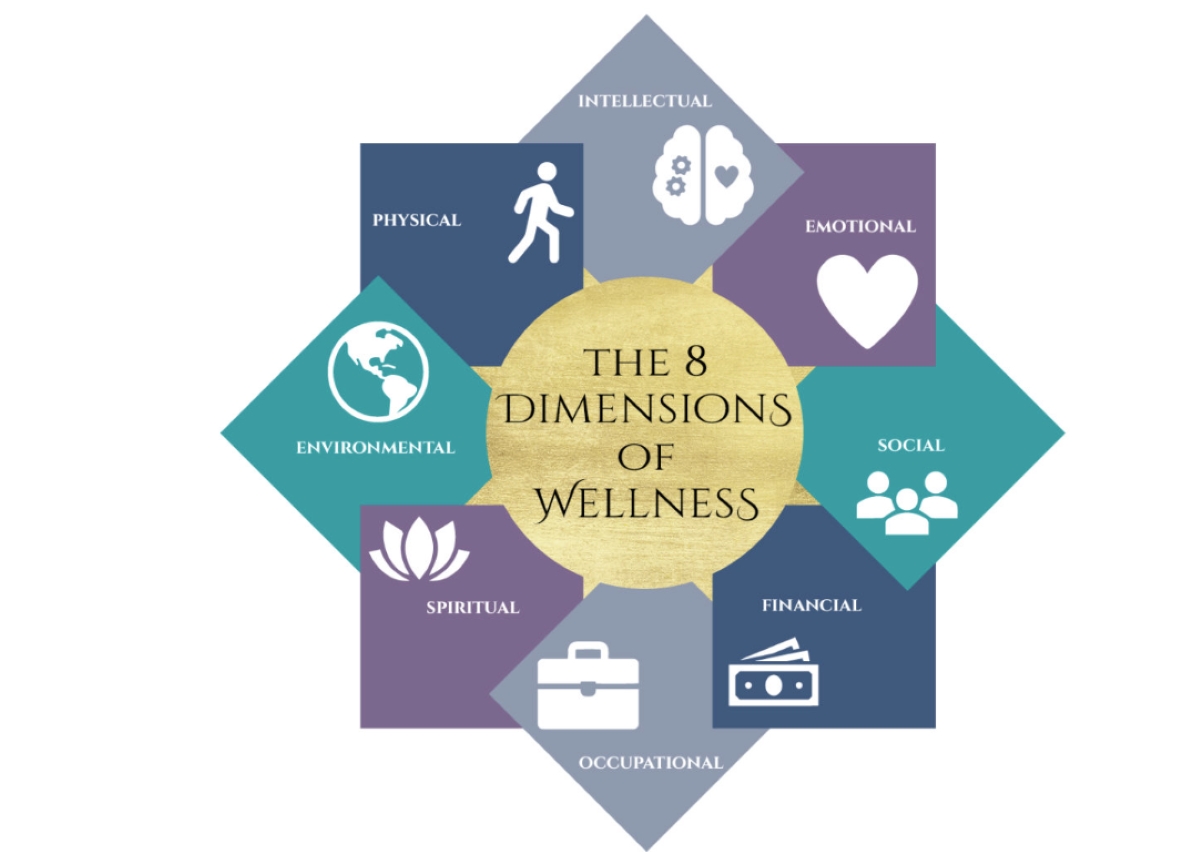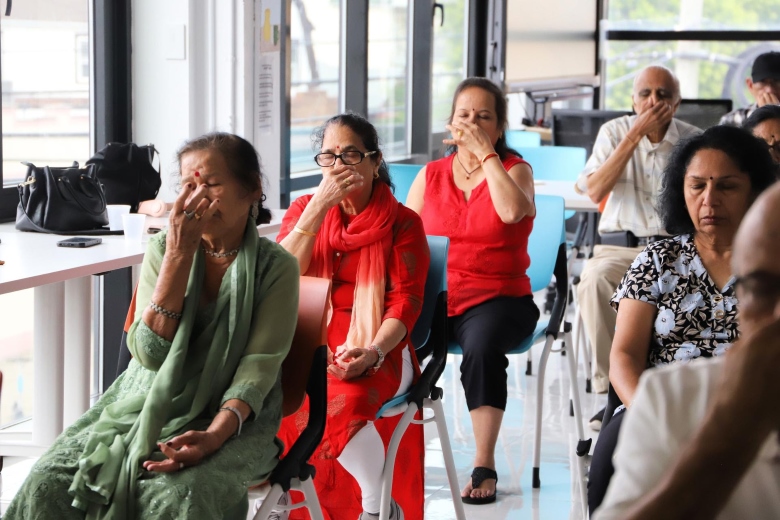Honoring National Minority Mental Health Awareness Month


July is National Minority Mental Health Awareness Month — a time to highlight the mental health challenges faced by communities of color and elevate conversations that break down stigma. This observance, established in 2008 by the U.S. House of Representatives, was inspired by the advocacy of author and mental health champion Bebe Moore Campbell.
Through her writing, including “Sometimes My Mommy Gets Angry,” Campbell opened doors to dialogue around mental illness in communities of color, exploring the emotional and cultural realities often left out of mainstream narratives.
At SACSS, we carry this mission forward every July by hosting workshops and culturally rooted programs that address the specific barriers South Asian community members face when accessing mental health care. These include yoga, mindful meditation, Bollywood movie nights, karaoke, Antakshari, and painting — activities that promote emotional well-being and offer pathways to culture-specific self-care.

Recent sessions with seniors and women have created open, meaningful discussions around how mental health is perceived in our community and how we can work to shift that narrative. Many participants expressed the difficulty of supporting loved ones with mental health struggles while navigating cultural expectations and generational gaps.
A recurring theme is the contrast in how we respond to physical vs. mental illness — offering empathy for diabetes or heart conditions, but not always for depression or anxiety. Real change begins by recognizing mental health as equally deserving of compassion and care.
We also work with our community to examine and reduce ableist language, promoting empathetic, non-stigmatizing communication that starts within SACSS and extends to families and friends.
SACSS is proud to offer free individual and group counseling for adults 21 and older in Hindi, Urdu, Punjabi, Bengali, Marathi, and Malayalam. We are committed to creating safe, inclusive spaces where healing happens — through culture, community, and care.